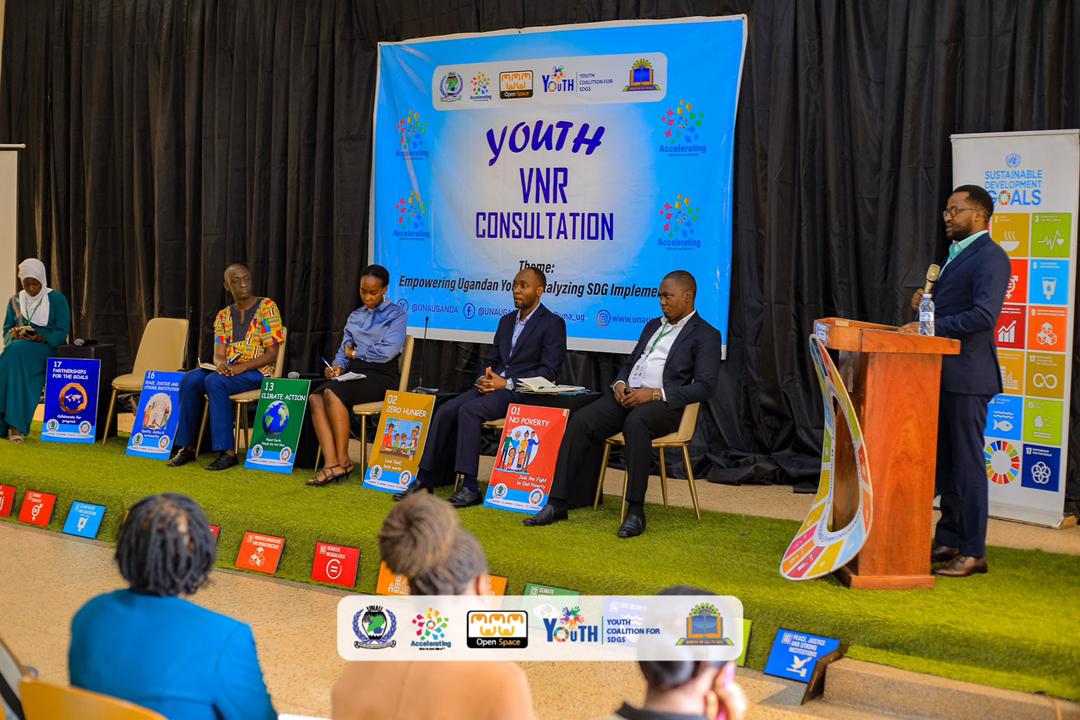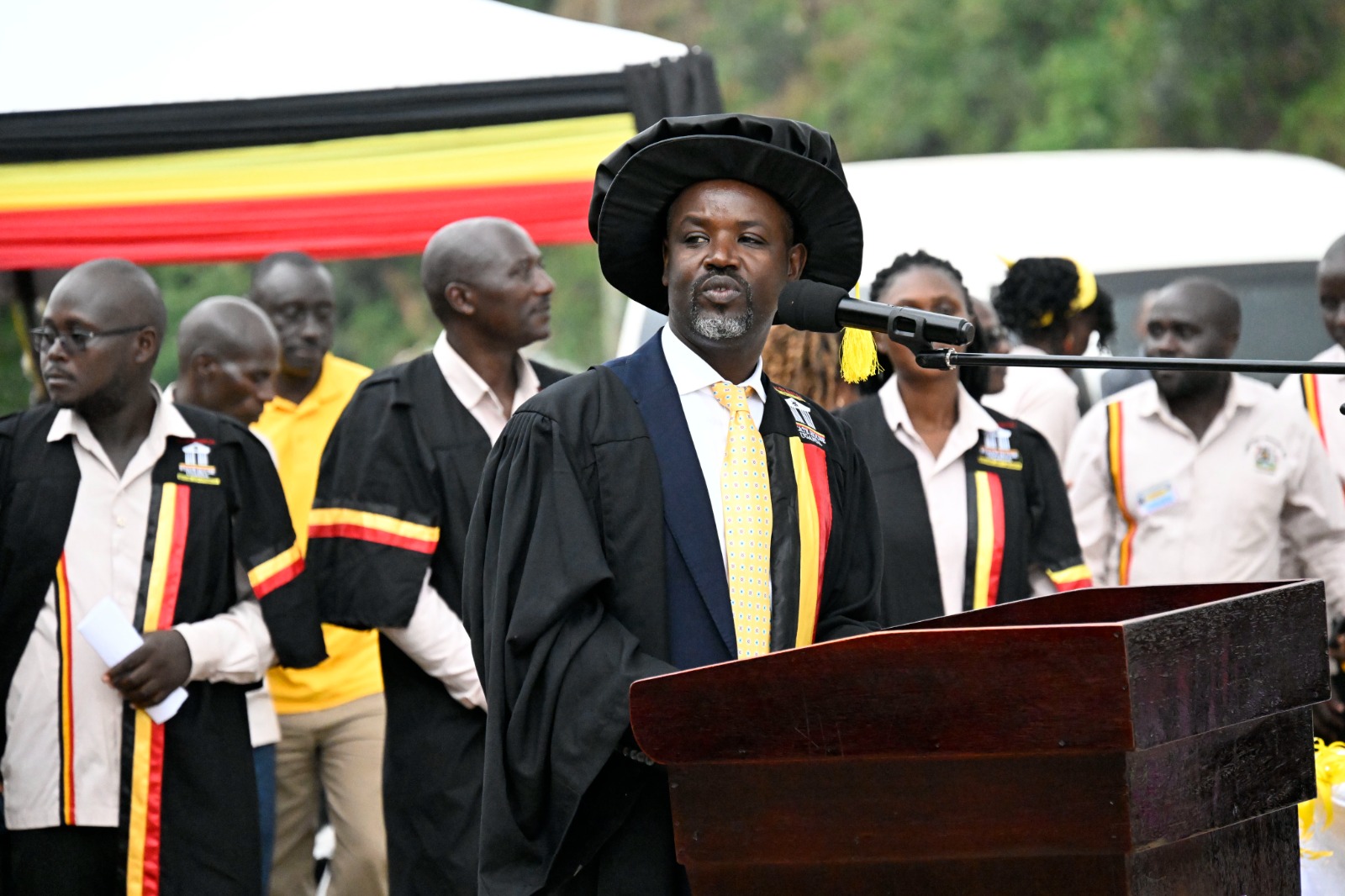Uganda, Estonia sign e-Government pact
The Ministry of ICT last week signed a Memorandum of Understanding (MOU) with the Estonian government following a five day benchmarking visit by officials from Uganda.
In her remarks during the ceremony, the head of the Ugandan delegation, Catherine Bitarakwate Musingwiire, acknowledged that Estonia has a strong and robust ICT sector that has been responsible for Estonia’s fast development and GDP growth.
It is this rich experience that Uganda can learn from in its quest to harness and grow eGovernment services.
She added that as Uganda, they are constantly exploring ways of becoming more efficient so as to make it as easy as possible for the citizenry to access e-Government services, taking services online is one of these innovative ways.
On his part, Acting Undersecretary of Ministry of Foreign Affairs Paul Teesalu, reaffirmed the Estonian Government’s commitment in helping Uganda realize their digital vision through this cooperation.
The MOU is going to provide a platform upon which the Estonian Government can extend meaningful support to enable government implement what they have learnt but also to pursue joint projects, he said.
“We are excited about the formalisation of this partnership. The expected benefits of this collaboration will include: a) It will result in faster and timely service delivery and ensure that the benefits of development will reach all citizens of the country in equal measure," said Peter Kahiigi, Director e-Government Services, National IT Authority, NITA-U.
The Memorandum of Understanding covered four areas of cooperation which include: Electronic Government (e-Government), Policy and Regulation, Smart City Technologies and Research and Innovation.
This will allow for the promotion of modern and efficient country governance within government for better efficiency, greater revenue gain and management, for improved service and better citizen experience.
The cooperation in these areas will enable the two governments promote local content, enhance security of data and information they have online, build capacity in policy and regulation, advance in research and innovation and reduce duplication of initiatives.













